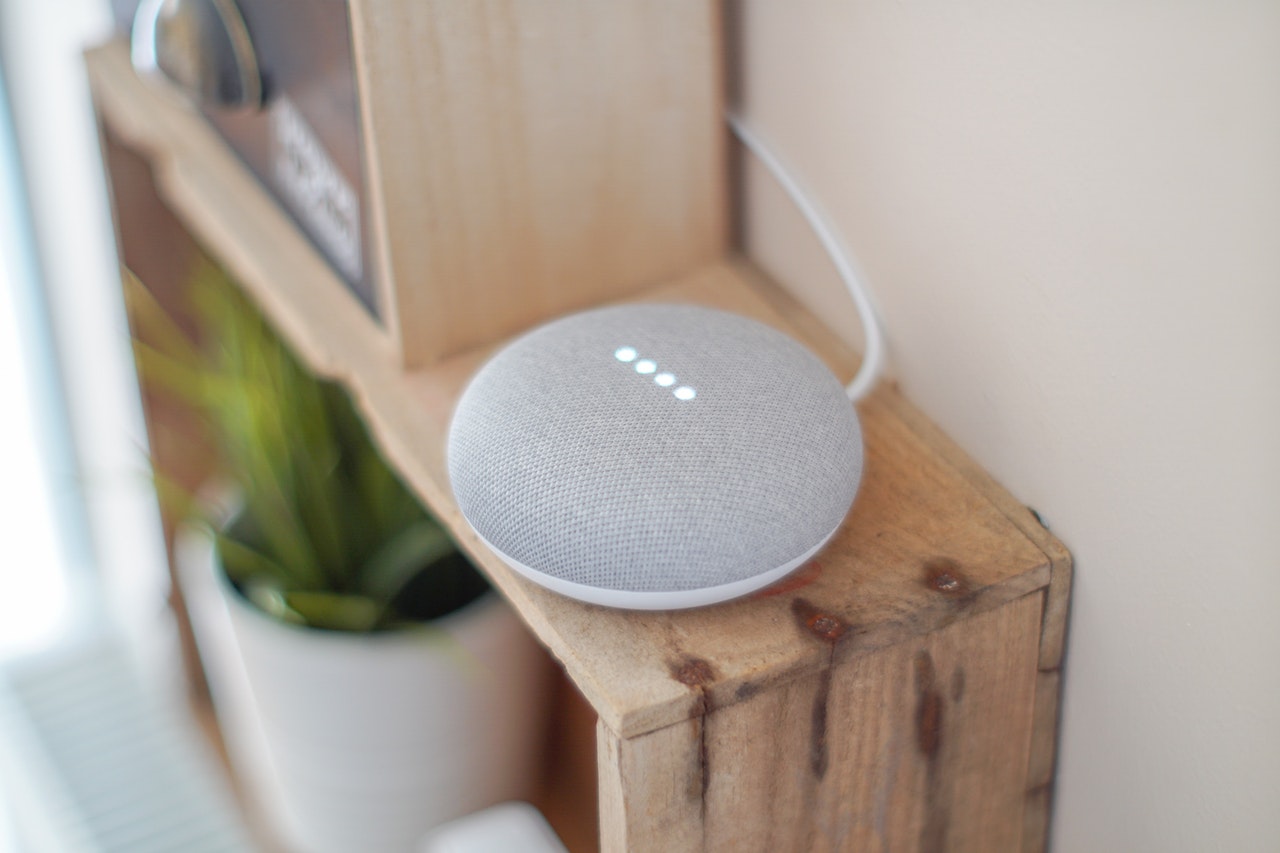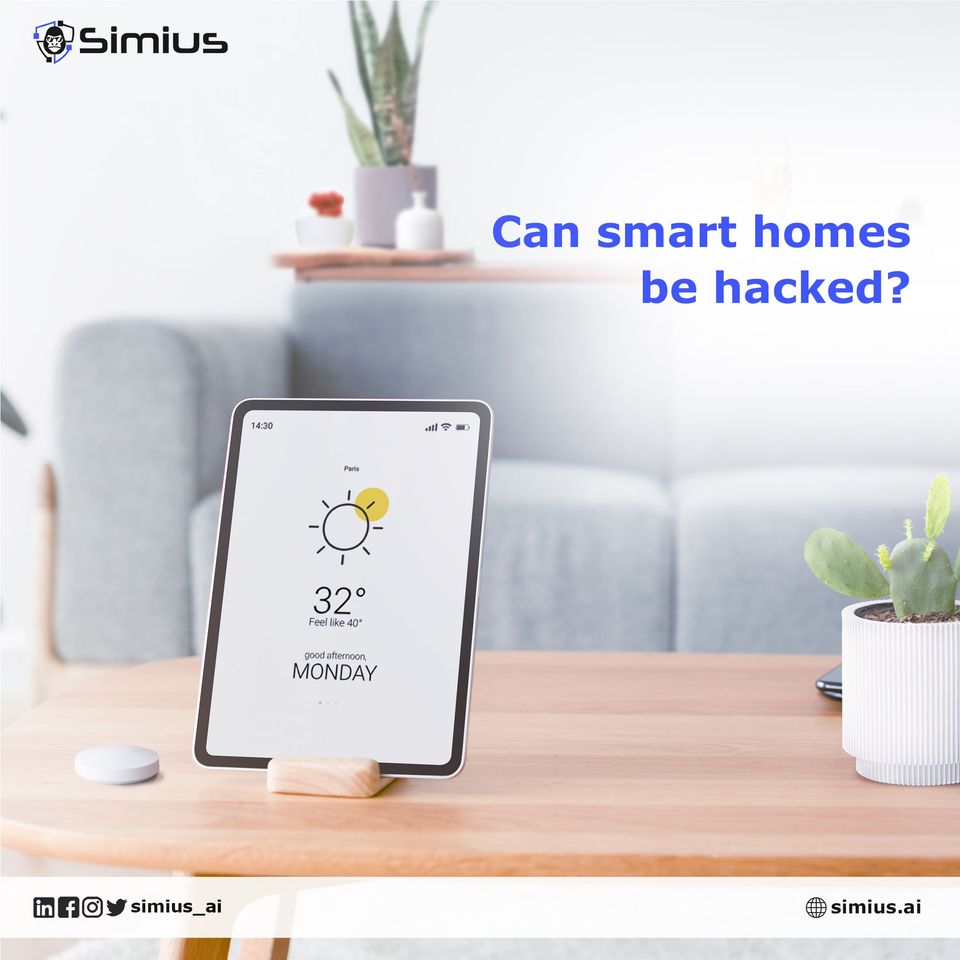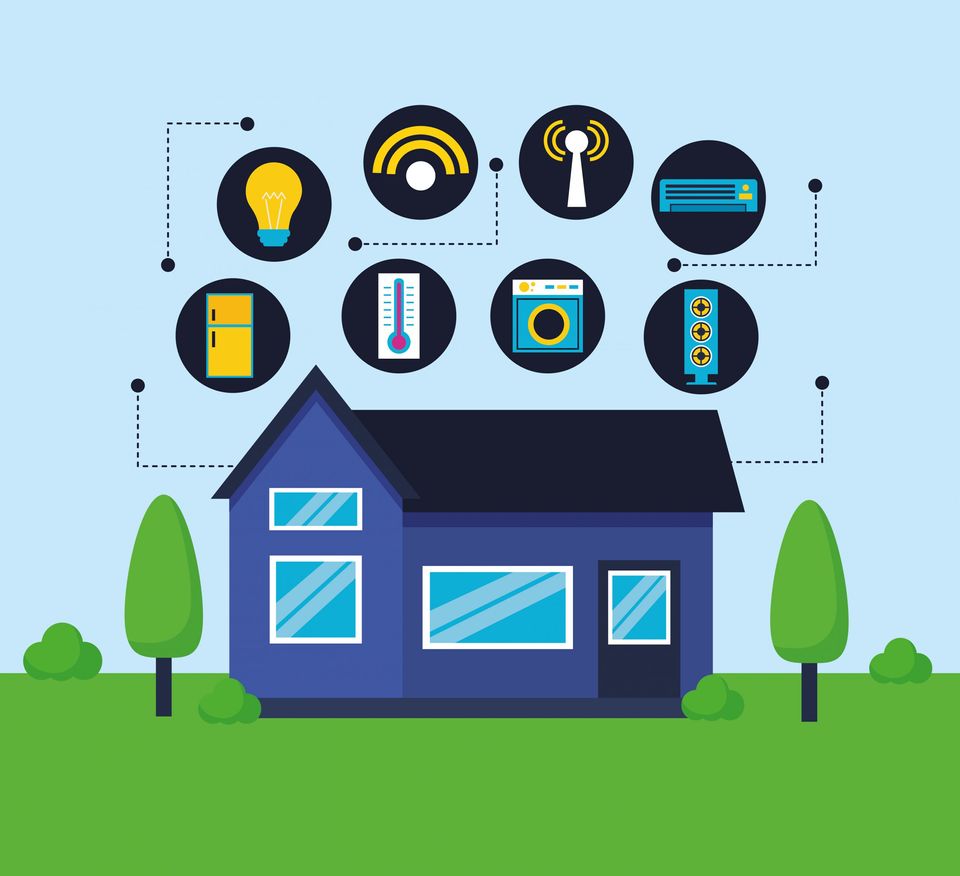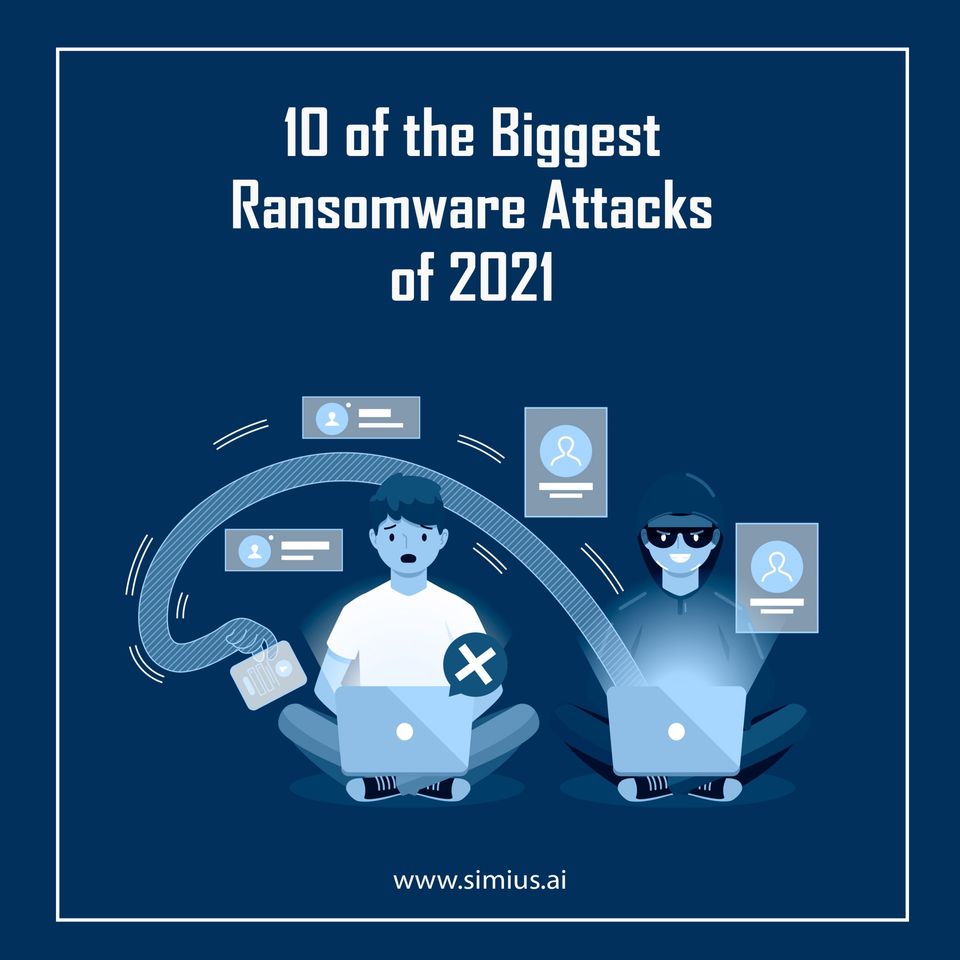Table of contents
Can Smart Homes be Hacked? This is a very important question, especially when getting hacked means people can gain unwanted access into your home. Most smart home owners are either to scared to find out the answer or do not know enough about home networking to understand the answer.
We spent some time researching this question. We also spent a lot more time finding a way to convey the answer in such a way that the average (or potential) smart home owner can understand and gain valuable insights.
Let’s get straight into the answer.
The Short Answer
The short answer is YES, smart homes can definitely be hacked. Let’s briefly go over why. You should stick around however and read the long answer too as it gives important background into why smart homes can be hacked.
The Long (but Important) Answer
Smart Homes and IoT

You cannot talk about smart homes without mentioning IoT (Internet of Things). All smart home devices are IoT devices but not all IoT devices are smart home devices.
Why is this so important? Initially, IoT devices were targeted to factories and manufacturing-focused enterprises. The main selling point was being able to use these devices to monitor the factories in real-time and to also allow factory owners to automate certain aspects of the factory. For example, being able to switch factory lights on and off at certain defined intervals or being able to monitor the health of the machines at the factory.
This means IoT was initially targeted towards enterprises that could afford to create and operate their own security if the device’s security was not enough. That “if” is where the trouble begins. “If” the device is not secure enough then you are in for a world of trouble.
However, with every consumer-facing solution, there are standards and guides that make sure the solution is safe for customers to use. You are probably breathing a sigh of relief. The standards exist, they are strong and they will protect your smart home.
What if I told you most IoT devices do not have any security standards at all?
IoT Security Standards

If you want to create cyber-attack resilient hardware, it is very important to implement security at the design stage of the hardware. However, It is very hard to make security standards due to the sheer amount of different IoT devices. From smart plugs to wireless cameras, all these different smart devices have different use cases and requirements which make it very difficult to create a security standard.
Also, IoT devices have limits when it comes to power, computing ability, storage, and communication. This makes it much harder to develop security into these devices, especially when you compare them to other internet-connected devices like computers and laptops.
This is a key issue, the corporations that make these devices are not lazy or incompetent. It is just not currently feasible to be able to make all IoT devices on the market follow a specific security protocol. There is a more important issue that can render all built in security useless and it is not a technical issue.
The Average Smart Home Setup

Let us start this section off with an analogy. Imagine a fortress with 10-ft thick cement walls, these walls are also 100-ft high and resistant to any damage from conventional weapons and the elements. Now imagine if someone left the door to this fortress unlocked. That person just rendered the impenetrable walls of the fortress useless.
Why the previous analogy? Simple, this is the setup of the vast majority of smart homes. People buy expensive routers with AI-powered monitoring but they leave the default password set. Allowing any low skill hacker to waltz comfortably into their home.
Even worse, some smart-home owners have never even logged into their routers to see what is going on. We live in a culture where device security is either seen as a boring optional task or something that is ignored completely.
This culture needs to change. Smart device owners love the benefits these devices give them but do not want to put in the time to properly secure the devices. In time, this will come back to bite the smart device owner hard.
Conclusion
What does this mean for you?
If you have made it to this point, good job. It means you care about the protection of your home, your family, and your privacy. Smart home devices can definitely be hacked. They can be hacked quite easily in fact, we hope this post made that abundantly clear to you.
The important question is, what can you do? Smart homes can bring great benefits but if done wrong you can endanger yourself. So are there any steps you can take? or any guides you can use to keep yourself and your family safe?
Yes, there are!
Keeping yourself safe
We have done a lot of research into keeping yourself and your family safe while in your smart home. Take a look at the links below. You never know when this information will come in handy.
Thanks for reading this article. Please like and share this article as it helps spread awareness for various security issues relating to smart homes. Have a great day.







